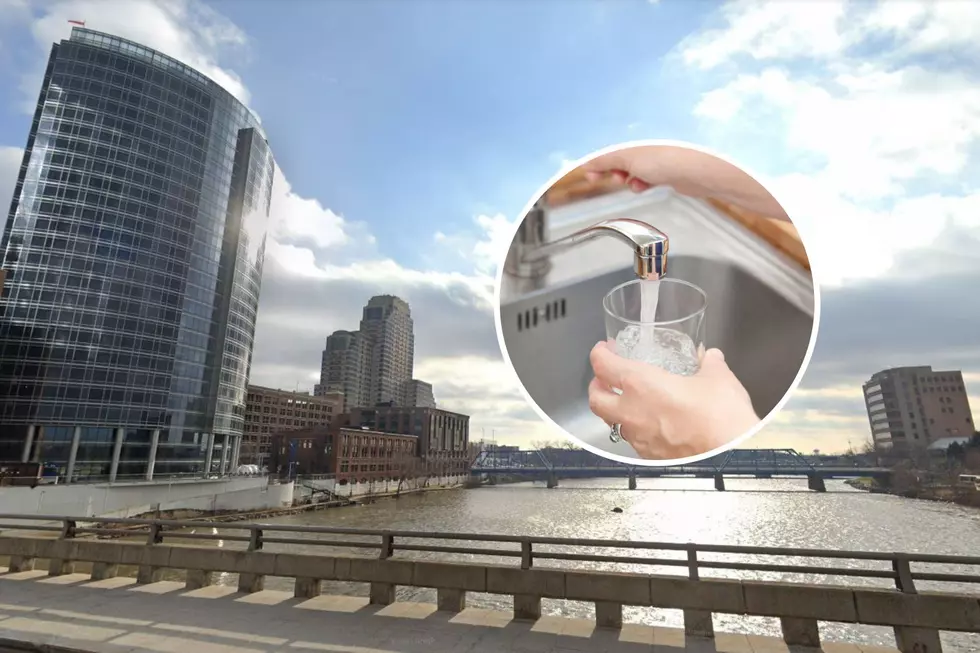
E. Coli Bacteria Causes ‘Drinking Water Warning’ For Areas Of Albion
The city of Albion is alerting residents that a 'Drinking Water Warning' has been issued due to E. Coli bacteria that was found in the water supply in some areas of the city. Areas affected include all of Cram Lane, all of Luther Drive, and the address at 910 Irwin.
The bacteria was found in the water supply Friday, October 18th, according to the Albion Department of Public Safety. Corrective actions are already underway and Albion officials will inform the public when tests show no bacteria and that affected residents no longer need to boil water. They anticipate solving the problem by Monday, October 21st.
As our customers, you have the right to know what happened and what we are doing to correct this situation. These bacteria can make you sick and are of particular concern for people with weakened immune systems. We are now conducting additional sampling to determine the extent of the problem and a thorough investigation to determine the source of the contamination.
Those in the warned areas should not drink the water without boiling it first. Bring all water to a boil, let it boil for one minute, and let it cool before using it. Boiling kills bacteria and other organisms in the water. Another option to consider is using bottled water for drinking instead. Along with drinking, use boiled or bottled water for making ice, preparing food, and washing dishes until further notice.
E. coli are bacteria whose presence indicates that the water may be contaminated with human or animal wastes. Human pathogens in these wastes can cause short-term effects, such as diarrhea, cramps, nausea, headaches, or other symptoms. They may pose a greater health risk for infants, young children, some of the elderly, and people with severely-compromised immune systems. ·
If you experience any of these symptoms and they persist, you may want to seek medical advice. If you have a severely compromised immune system, have an infant, or are elderly, you may be at increased risk and should seek advice about drinking water from your health care providers.
More From WBCKFM









